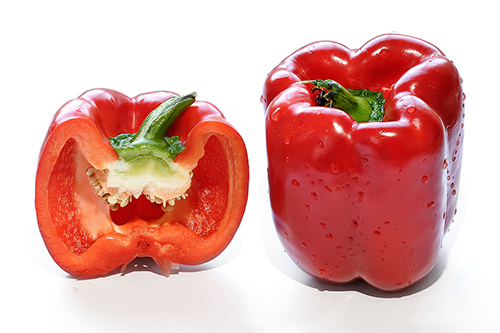Contents
Before we get into the most vitamin C rich foods, let us learn more about this essential vitamin. Vitamin C, also called L-ascorbic acid, is a water-soluble vitamin that naturally resides in some foods and is added to others. This vitamin is also available to individuals as a dietary supplement. Unlike most animals, humans cannot synthesize vitamin C endogenously; therefore, it is an essential nutritional component.
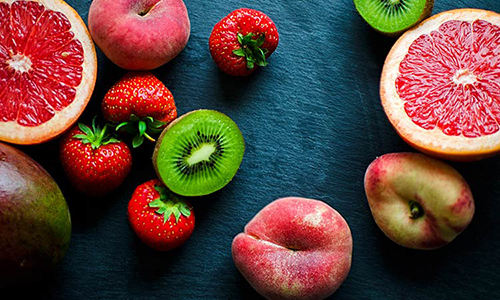
Chemical composition: ascorbic acid. Plants and most animals produce it from glucose. Humans cannot synthesize or store this vitamin in significant amounts; therefore, it must be taken daily.
Vitamin C sources: Fruits and vegetables, mainly if they are fresh. To take full advantage of vitamin C in fruits and vegetables, they must be eaten fresh and raw.
Function:
- Antioxidant: It neutralizes free radicals, which are substances causing cellular aging, DNA deterioration, and cancer.
- Antitoxin: Neutralizes the action of various toxic substances, such as nitrosamines found in cured meats.
- Strengthens the immune system against infections.
- Contributes to the formation of collagen, fibrous tissue necessary for wound healing.
- Improves the consistency of bones and teeth.
- Strengthens capillary and arterial walls.
- Facilitates the absorption of nonheme iron (contained in plant-based foods, dairy products, and eggs).
Vitamin C deficiency symptoms: Fatigue, poor wound healing, tiny subcutaneous hemorrhages, scurvy.
Increased need: Nicotine addiction, stress, infections, wounds, and burns.
Loss during the processing of foods: Vitamin C is the most unstable of all. Heat, light, dehydration, and all food-processing methods destroy up to 75% of this vitamin.
Top Vitamin C Rich Foods
Acerola Cherries

Acerola or Barbados cherries are top of the list of vitamin C rich foods. This small, bright red fruit boasts 1,500-4,500mg of vitamin C per 100 grams, making it 50-100 times more potent than oranges and lemons! Not only does this exceed the recommended daily intake for adults, but it also positions Acerola as a champion in the natural vitamin C game. This powerhouse fruit offers more than just vitamin C, though. It’s a treasure trove of other nutrients like beta-carotene, B vitamins, and minerals, making it a well-rounded addition to any diet. So, if you’re looking for a delicious and supercharged way to boost your vitamin C intake, consider these tiny tart cherries.
Sweet Red Pepper
Sweet red peppers are another great addition to the vitamin C rich foods list. A single, medium-sized beauty packs a whopping 169% of adults’ recommended daily intake (RDI)! That’s right, one crunchy pepper surpasses the needs of most citrus fruits, leaving oranges and lemons in its dust. But red peppers don’t stop there. Their vibrant color hints at another powerful antioxidant treasure trove, including beta-carotene and lycopene, which offer additional health benefits.
This delectable vegetable is an excellent source of vitamin C and a multi-talented health food ready to be sliced, diced, and included in your diet. So next time you’re looking for a vibrant and flavorful way to boost your immune system and overall well-being, reach for a bright red pepper – it’s a nutritional champion in disguise!
Guava
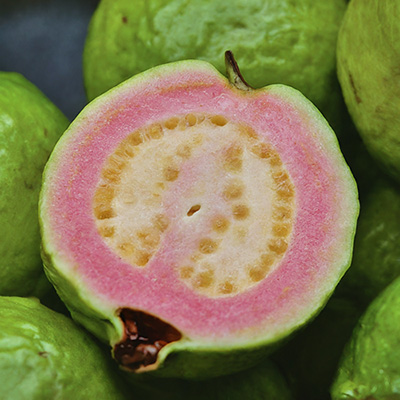
Guava may not be on top of the vitamin C rich foods list, but it certainly earns a mention. This tropical treasure boasts a whopping 228mg of vitamin C per 100g, easily eclipsing the likes of oranges and grapefruits. That translates to around four times the RDI for adults, making it a superfood supporting a healthy immune system. But guava’s power doesn’t stop there.
This pink-fleshed fruit is also a treasure trove of antioxidants, promoting skin health and fighting free radical damage. It’s packed with dietary fiber, aiding digestion and gut health. Combining vitamins and minerals, including potassium and lycopene, improves health and wellness. So, whether you enjoy guava sliced, juiced, or in smoothies, you’re not just indulging in a delicious treat; you’re incorporating a powerful nutritional food into your diet.
Black Currant
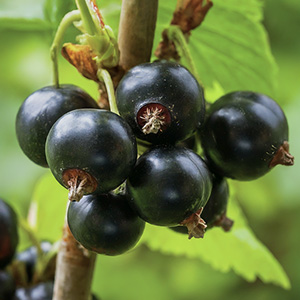
Step aside, oranges! Regarding vitamin C royalty, black currants stand proudly amongst the vitamin C rich foods. These tiny, inky-black berries are champions of this essential nutrient, packing a jaw-dropping 181mg of vitamin C per 100g. That’s more than twice the amount found in oranges and an impressive 226% of the recommended daily intake for adults. But their reign doesn’t stop there. Black currants boast a wealth of other health-promoting perks.
Their deep color hints at abundant antioxidants, particularly anthocyanins, which offer anti-inflammatory and cellular protection benefits. These tart powerhouses are also good sources of potassium, manganese, and dietary fiber, further solidifying their nutritional throne. So, whether you enjoy them fresh, frozen, or in jams and juices, black currants are a delicious and potent way to supercharge your health with a burst of vitamin C and other valuable nutrients.
Kiwi
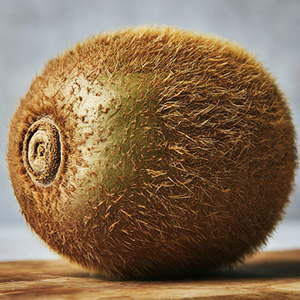
Kiwis, those fuzzy green (or golden!) wonders, are often overlooked as vitamin C rich foods. But don’t underestimate their bite! One medium kiwi packs a surprising 64mg of vitamin C, which covers 80% of the recommended daily intake. Just one kiwi surpasses most oranges. But the story doesn’t end there. This emerald gem is also rich in dietary fiber, aiding digestion and promoting gut health.
It contains folate, which is necessary for the development and repair of cells, and potassium, which assists in maintaining healthy blood pressure throughout pregnancy and childbirth. Plus, kiwis contain unique enzymes that can aid protein digestion. So, the next time you’re looking for a delicious and versatile fruit packed with vitamin C and additional health benefits, reach for a kiwi – it’s a nutritional powerhouse hidden in plain sight!
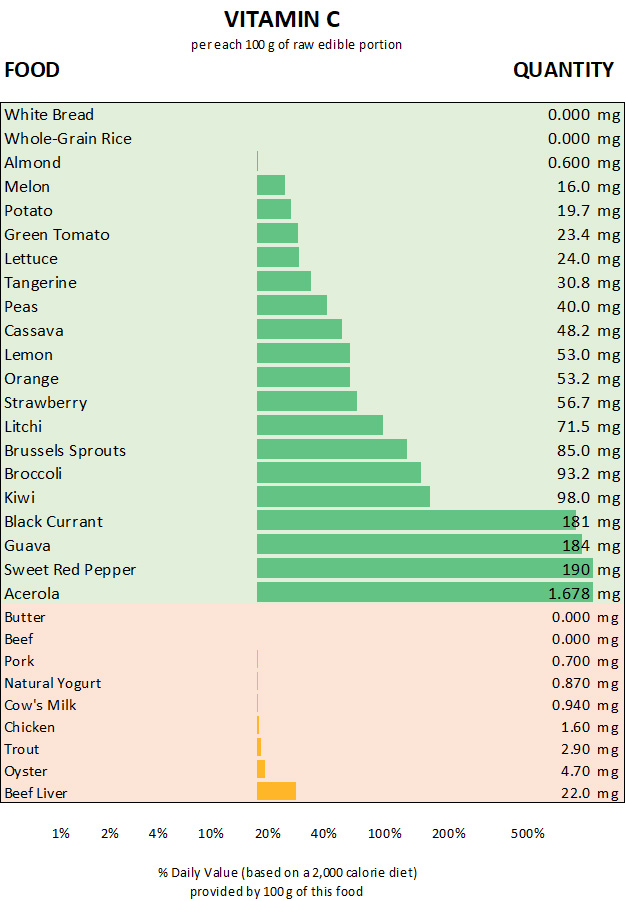
DISCLAIMER: All content on this website is presented solely for educational and informational objectives. You should not rely on the information provided as a replacement for advice, diagnosis, or treatment from a qualified medical expert. If you are pregnant, nursing, or have any preexisting medical concerns, you should talk to your doctor before using any herbal or natural medicines.
REFERENCES
- George D. Pamplona-Roger, M.D. “Encyclopedia of Foods and Their Healing Power.” George D. Pamplona-Roger, M.D. Encyclopedia of Foods and Their Healing Power. Trans. Annette Melgosa. Vol. 1. Chai Wan: Editorial Safeliz, 2005. 396. Print. [vitamin C rich foods]
- National Institutes of Health (NIH): https://ods.od.nih.gov/
- Linus Pauling Institute: https://lpi.oregonstate.edu/
- Vitamin C and Heart Disease: https://pubmed.ncbi.nlm.nih.gov/27529239/
- Vitamin C and Cancer: https://pubmed.ncbi.nlm.nih.gov/35457200/
- Vitamin C and Collagen Synthesis: https://pubmed.ncbi.nlm.nih.gov/30386805/
- Vitamin C and Iron Absorption: https://pubmed.ncbi.nlm.nih.gov/36231177/

